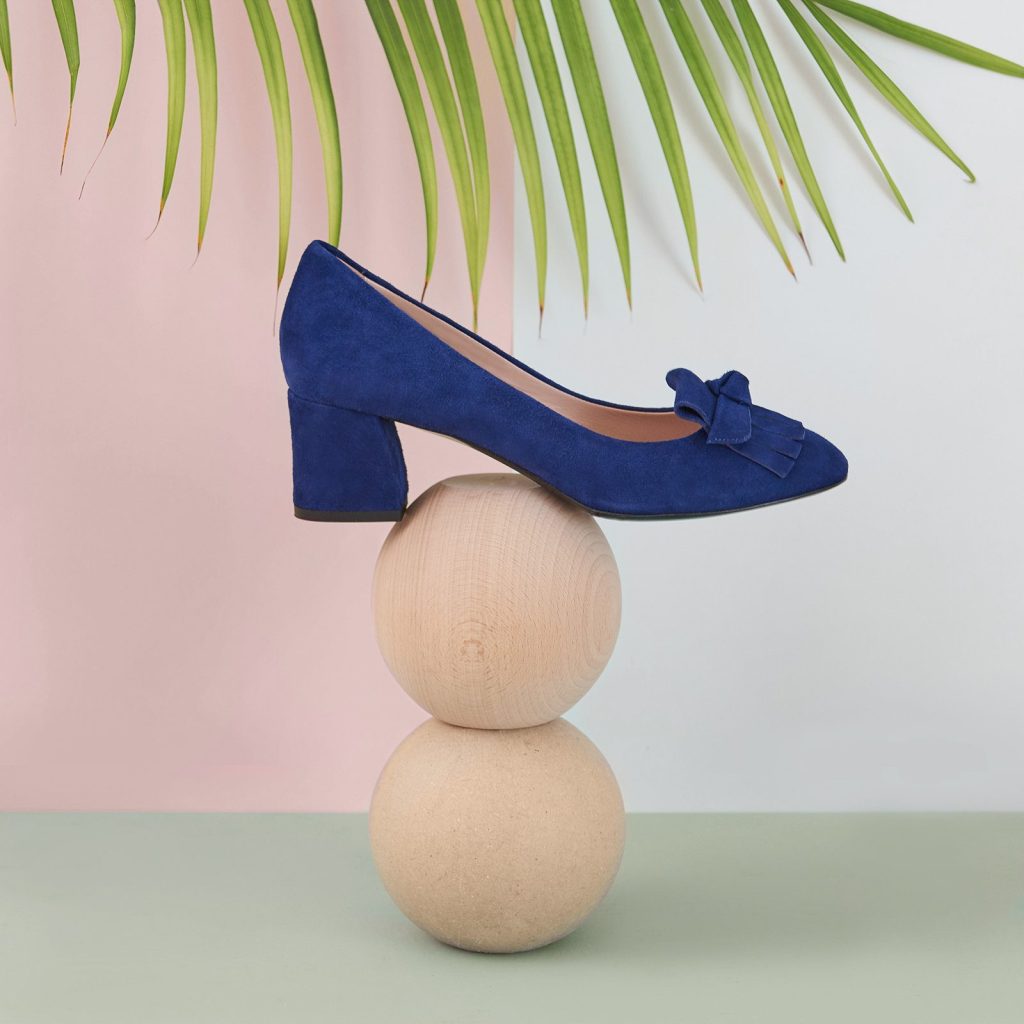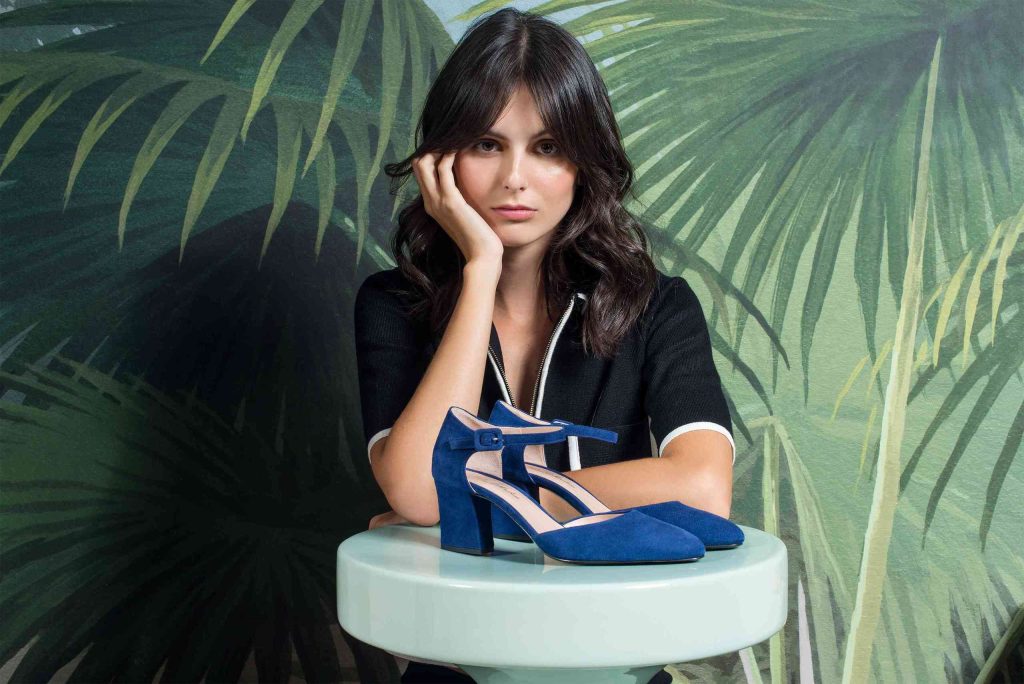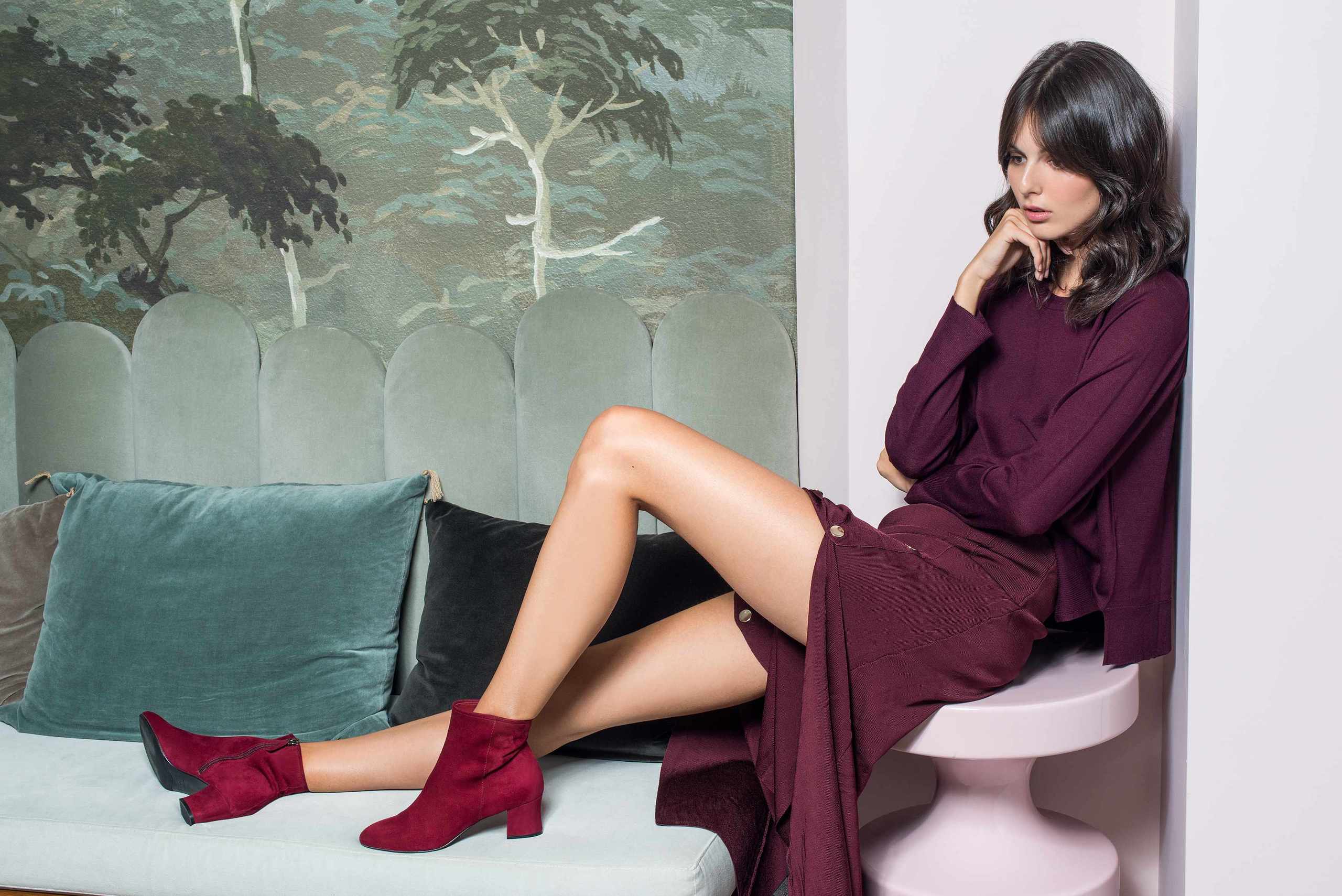Pandemic reinforced Flore Mirabeau's
brand value
of
quality over quantity.
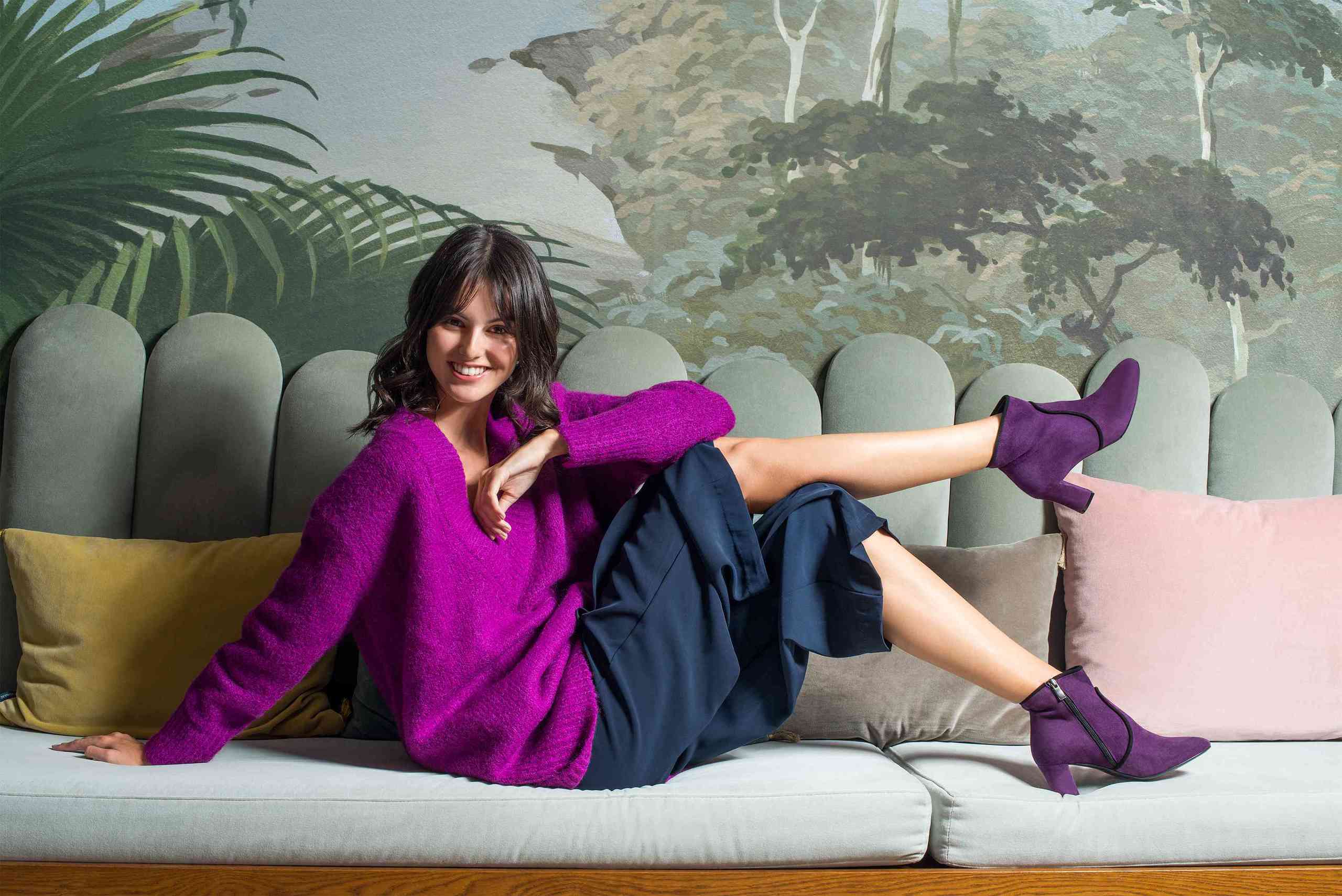
All Images Courtesy of Flore Mirabeau | Photography William Bibet
2020 was the year that saw the fashion industry move at lightning speed to adapt while the rest of the world ground to a halt. So how will 2020 shape the future of fashion?
In a virtual conversation with the owner of Flore Mirabeau, Solange Strom, FORWARD finds out that the pandemic hasn’t changed much for the brand in terms of its values and beliefs. Strom shares her view on how the realities of the pandemic will shape the future of fashion.
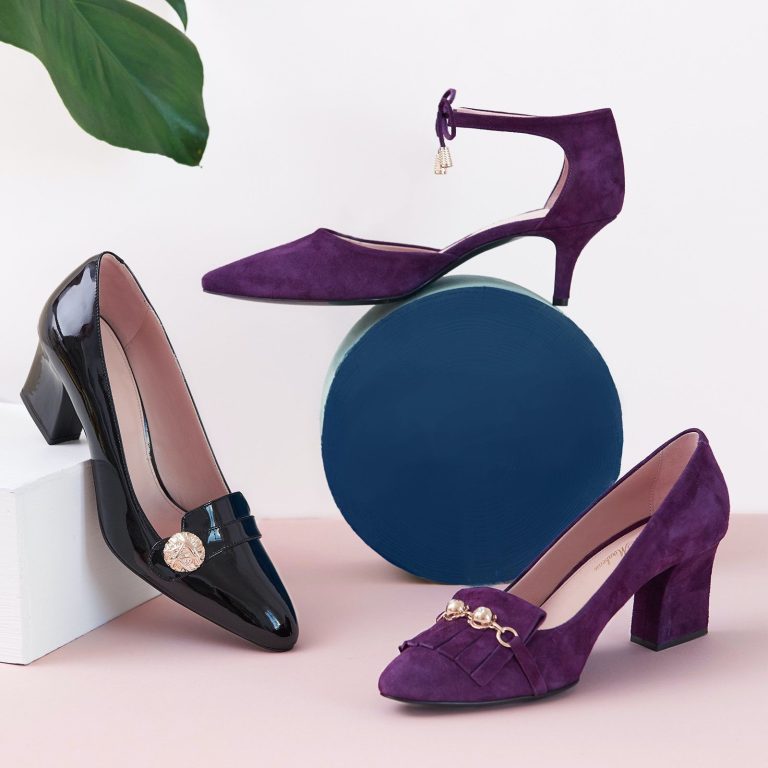
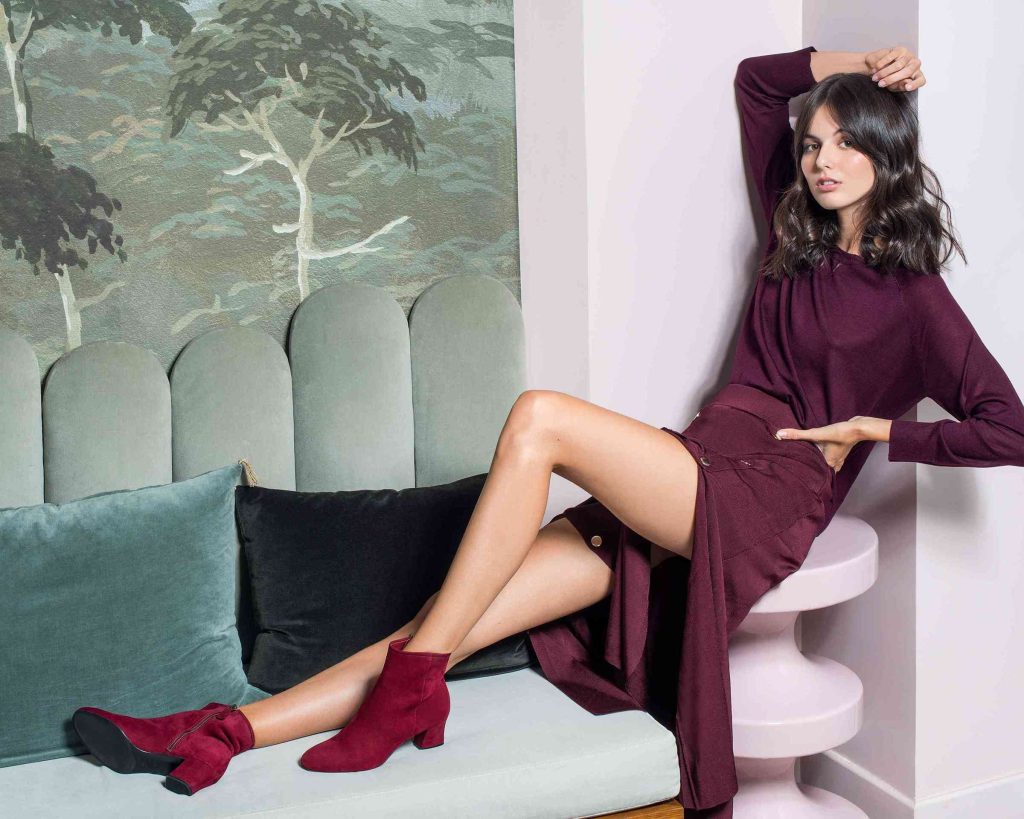
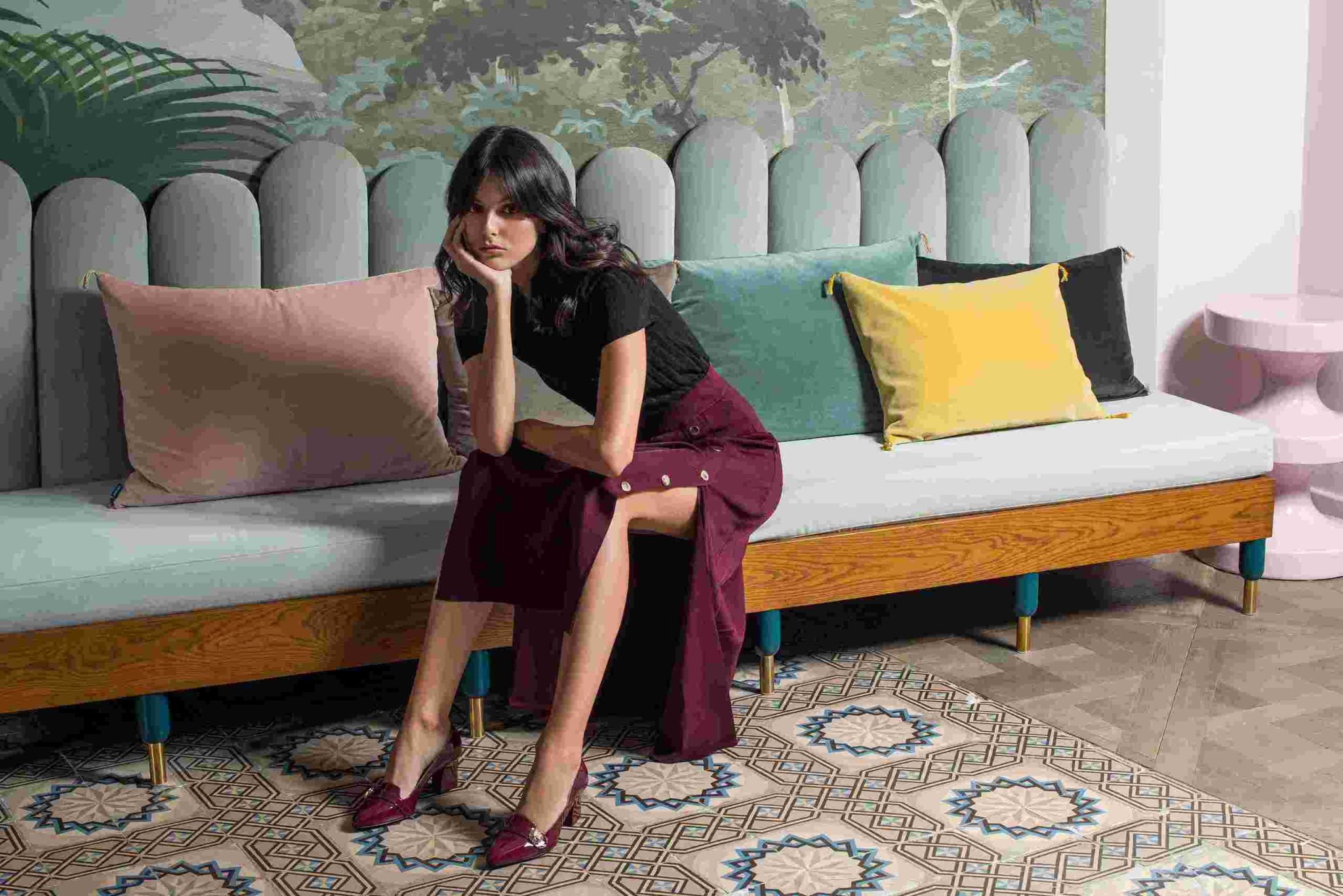
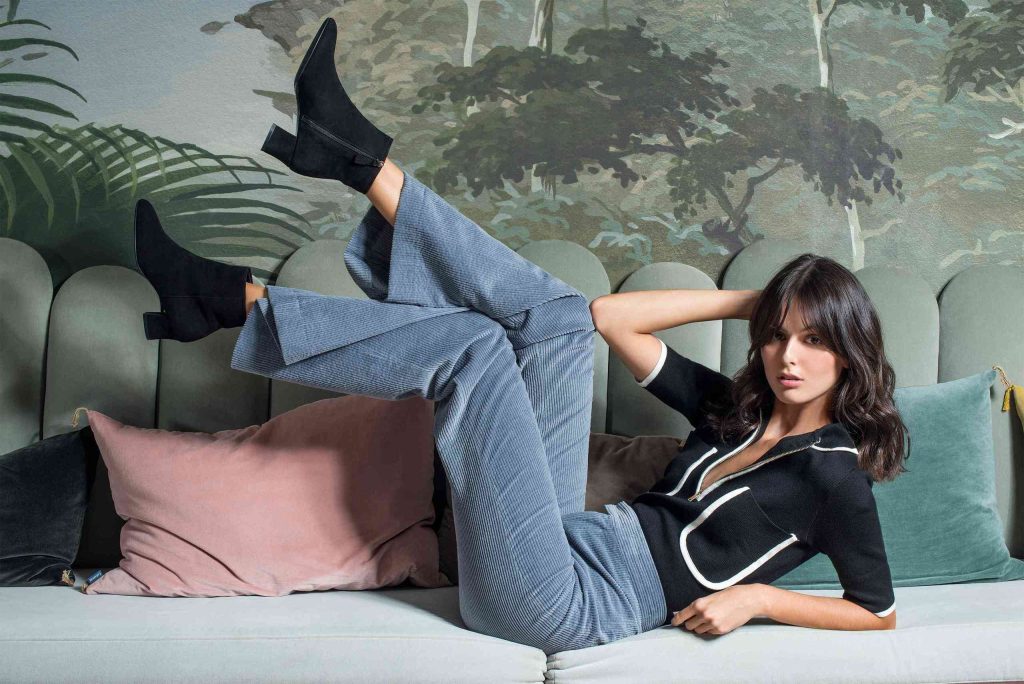
How does the Fashion/Beauty Industry move forward in a world changed by pandemic?
Adaptability is key. I think the pandemic will force the industry as a whole to review its processes and habits. The future will be about buying better and less for consumers and producing less and higher quality brands. It has also changed how many of us view fashion, for instance, the increase in leisurewear versus dressy outfits. It has forced us to adapt. For example, women who have been in Birkenstocks and slippers for months will possibly decide to wear shoes that fit better–I predict low heels will come back with a vengeance.
In what ways has your interaction with the industry changed?
I have always been about quality over quantity, so the pandemic hasn’t changed much for me. It has helped reinforce my beliefs in producing just what we need in smaller amounts–exclusive and unique, allowing customers to have something that no one else has.
The challenges for Flore Mirabeau.
One of the biggest challenges is not being in close contact with our target audience. We usually offer trunk shows and private fitting sessions–we believe that women must be appropriately fitted for their shoes to ensure the ultimate comfort and well- being. Not being able to do that has been difficult. But we have pivoted to virtual fitting sessions and delivered shoes to our client’s houses within greater Toronto and picking up those that don’t fit. It is costly for us but worth it if our clients find what they want, and they are always very appreciative of our efforts.
What is the way forward for Flore Mirabeau?
We plan on staying very lean and focused on our core values of fit and comfort. We will continue to offer essentials such as the Madeleine in various colours and expand into limited-edition capsule collections. We love the style, but comfort and fit will always come first.
For the fashion industry as a whole, what do you think will be the future?
I would like to believe that we will consume less and consume better. But that would mean that fast fashion brands would have to change their entire business model. You cannot call yourself a sustainable and fast fashion in the same sentence, while that remains the fact today.
I hope that the pandemic will instill some strong values of conscious consumption– whereby people think before buying and take inventory of what they need before buying yet another pair of shoes just because!
However, a little buy from time to time can be great! I bought some of my favourite pieces on impulse.
What change do you want to see in the Fashion System?
What I like the least about fashion (but that I sometimes use to my benefit) is the never- ending cycle of product discounts. Coming from the pharmaceutical & cosmetics industry, it is not something that I’ve ever had to manage. All our products were current, and we rarely discounted. Supply chains were controlled very tightly, reorders done when needed.
With its never-ending cycle of newness, the fashion industry has a tough time anticipating what will sell or not and, therefore, ends up in discounts.
But the consumer is also used to those discounts and holds off buying until it comes on sale.
With today’s data and analytics, the fashion industry can change its ways. It can anticipate better and can produce in smaller quantities to ensure that everything gets sold. Of course, that means perhaps paying a little more for the product and making less profit. But it is much better to manage your business, and it pays off in the long run.
I always feel it’s better to run out of products a few times until we understand our client better than have too much stock that gets discounted.
It is the only way to get out of the endless discounting, which reduces the brands’ value. For example, in the shoe business, many manufacturers in Italy have dropped their minimum order requirements to help brands ensure that all products produced get sold at full price, maintaining the brands’ desirability.■
